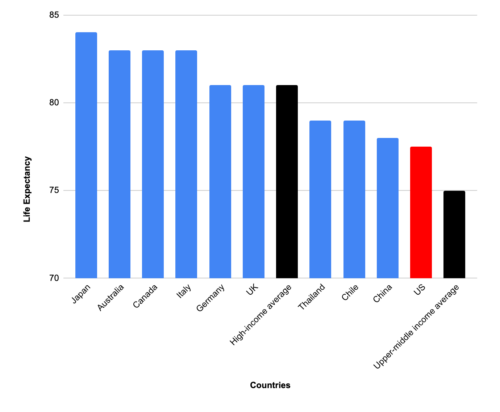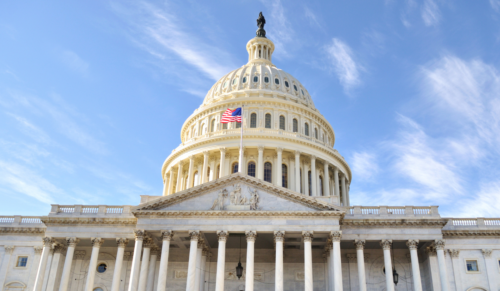The Right Growth Formula
By: / 01.24.2011
 The specter of economic decline is haunting America. President Obama seeks to banish it by making jobs and U.S. competitiveness the centerpiece of his State of the Union report to Congress tomorrow. This sets the stage for a critical contest between dueling theories about how America can get its economic mojo back.
The specter of economic decline is haunting America. President Obama seeks to banish it by making jobs and U.S. competitiveness the centerpiece of his State of the Union report to Congress tomorrow. This sets the stage for a critical contest between dueling theories about how America can get its economic mojo back.
Over the weekend, Republicans flooded the media with preemptive strikes against Obama’s expected calls for boosting public investment to spur growth. “With all due respect to our Democratic friends, any time they want to spend, they call it investment, so I think you will hear the president talk about investing a lot Tuesday night,” GOP Senate leader Mitch McConnell told “Fox News Sunday.” “This is not a time to be looking at pumping up government spending in very many areas.”
True to form, Republicans have a very simple theory for rekindling jobs and growth: Cut federal spending. That’s why they’ve tapped their leading fiscal hawk, House Budget Committee Chairman Paul Ryan, to respond to Obama’s speech. And Rep. Michele Bachmann will offer an unofficial, “Tea Party” riposte to the President online.
Now, I’m all for fiscal discipline. I’ve chided progressives for posing a false choice between deficit reduction and economic growth. Restoring fiscal stability is an essential ingredient of any credible plan for robust growth.
But cutting spending by itself won’t help us rebuild our infrastructure (which is the foundation for productivity), strengthen our comparative advantage in science and technological innovation, or produce a highly skilled workforce. As virtually all serious economists recognize, these are tasks for government.
Yet today’s Republicans are so besotted by anti-government populism that you can’t even count on them to be good capitalists anymore. Perhaps conservative think tanks should organize seminars to reacquaint House Republicans with Adam Smith, whose defense of laissez faire economics did not blind him to government’s responsibility to supply public goods like roads, ports and education. As he wrote in the Wealth of Nations:
The third and last duty of the [government] is that of erecting or maintaining those public institutions and those public works, which, although they may be in the highest degree advantageous to a great society, are, however, of such a nature, that the profit could not repay the expense to any individual or small number of individuals, and which it therefore cannot be expected that any individual or small number of individuals should erect or maintain.
As PPI maintains in Getting America Moving Again, a new Memo to President Obama, it will take both more public investment and more dynamic markets to reinvigorate our economy. We need to boost spending on research and commercialization of new inventions. We also need to boost spending on modernizing the nation’s transport and energy infrastructure – for example, by building high speed rails and smart grids that can accommodate clean energy generation. This can and must be done within a new framework for restoring fiscal stability that cuts tax expenditures, caps spending on defense and domestic programs, and most importantly, slows the unsustainable growth of the big entitlement programs.
At the same time, we also need to revamp archaic tax and regulatory policies that dampen incentives for economic innovation and entrepreneurial risk-taking. To that end we have proposed a base-closing style commission charged with culling the accumulation over time of burdensome rules and regulation.
In truth, neither party’s economic orthodoxies are equal to the challenge facing our country. That’s why President Obama needs to challenge both sides tomorrow to unite behind a bold plan for a national economic resurgence.







